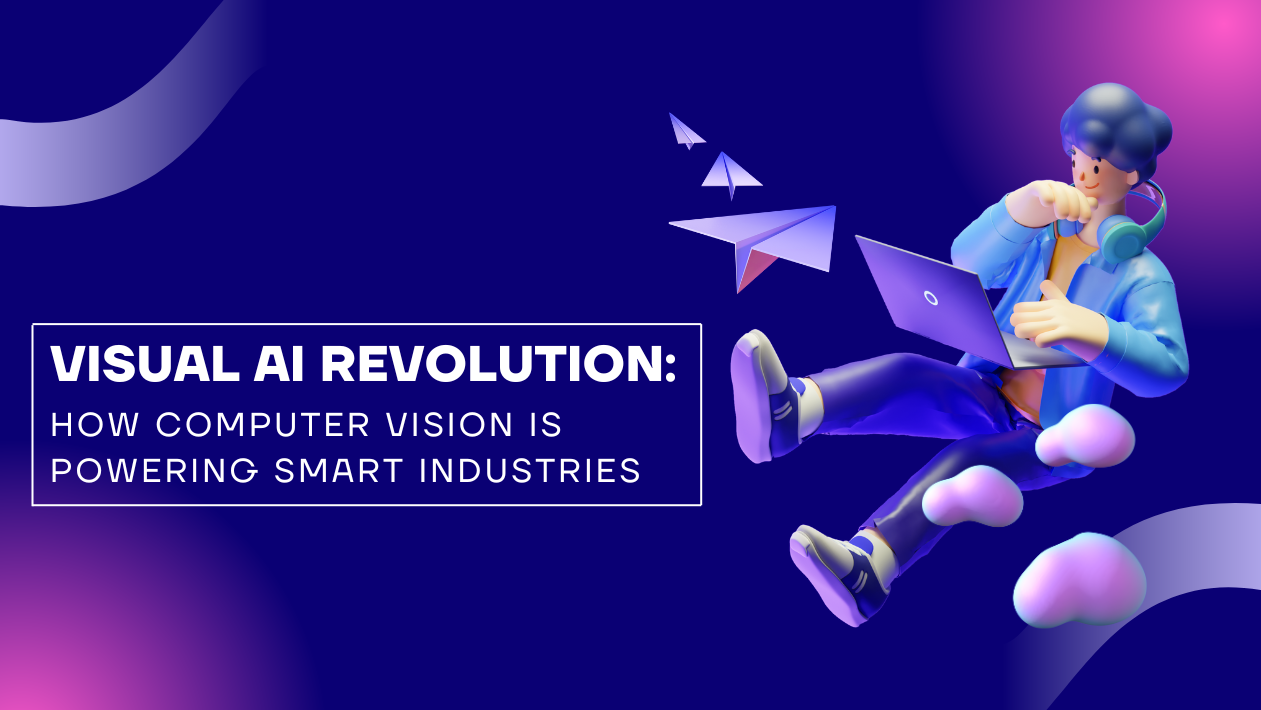Personalized medicine, also known as precision medicine, involves customizing healthcare treatments to individual patients based on their genetic makeup, lifestyle, and environment. AI plays a pivotal role in analyzing complex datasets to develop personalized treatment plans.
Genomic Data Analysis
AI algorithms can analyze genomic data to identify mutations and genetic variations that may influence an individual’s response to certain medications, allowing for tailored drug prescriptions.
Predictive Modeling
By utilizing patient data, AI can predict how individuals will respond to specific treatments, enabling healthcare providers to choose the most effective and least harmful options.
Drug Discovery
AI accelerates the drug discovery process by predicting how different compounds will interact with targets in the body, identifying potential candidates for further development.
Real-World Applications
Companies like Omada Health are integrating AI into their platforms to provide personalized health interventions, focusing on chronic disease management and prevention .
Future Prospects The integration of AI with wearable health devices and continuous monitoring systems will further enhance personalized medicine, allowing for real-time adjustments to treatment plans based on ongoing patient data.





